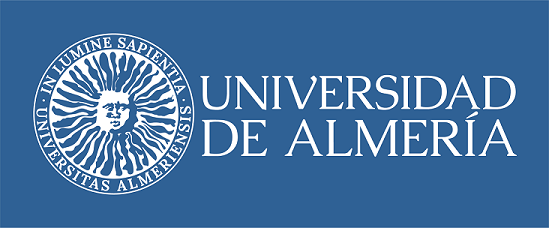
University of Almeria.

- ACTIVITY: scientific and technological research.
- LOCATION: Sacramento Highway s/n (04120) La Cañada de San Urbano. (Almeria).
- CONSTITUTION DATE: 1993.
- CATEGORY: University/Research Center.
- CONTACT: (+34) 950 214 000.

- DESCRIPTION: The University of Almería is a public institution of higher education created and designed to perform a quality teaching and research function that contributes to the economic and social development of its environment through the transfer of knowledge.
- PRINCIPAL FUNCTIONS:
- Teaching and research.
- Internationalization.
- Knowledge transfer.
- FACILITIES: –
- STAFF: –
- BUDGET: –
- PROJECTS: –
- KNOWLEDGE TRANSFER: –
TECHNOLOGICAL SUPPLY/DEMAND: The UAL organizes its research groups in 9 thematic areas, 3 of which are directly related to the agri-food sector:
- Agri-food:
- Plant protection of crops in greenhouses.
- Digestive modeling.
- Pesticide residues.
- Production systems in plasticulture and computing applied to agricultural and environmental sciences.
- Genetics and physiology of plant development.
- Rural engineering.
- Technology of agricultural production in semi-arid areas.
- Plant production in Mediterranean cropping systems.
- Subtropical and Mediterranean fruit growing.
- Intensive horticultural cultivation systems.
- Sustainability of protected horticultural and ornamental systems.
- Biotechnologies:
- Biotechnology of marine microalgae.
- Technological development microbiological to improve soils of agricultural interest.
- Bioprocess engineering and water technologies.
- Biotechnology of natural products.
- Structural studies of ligand-protein interaction.
- Horticultural genetics.
- Protein structure.
- Health and Environment.
- Natural resources and environment:
- Agriculture and environment in arid areas.
- Ecozonar (ecology of arid zones).
- Water resources and environmental geology.
- Research group in applied geophysics.
- Applied soil science.
- Transfer of R&D in the area of natural resources.
- Uses of inorganic solids in pollution prevention.
- Advanced systems in agro-environmental chemistry.
- Conservation biology.
- Aquatic ecology and aquaculture.
- Integrated territory management and spatial information technologies.
- Properties and functions of soils in semiarid environments.
- Eco hydrology and restoration of arid lands.
